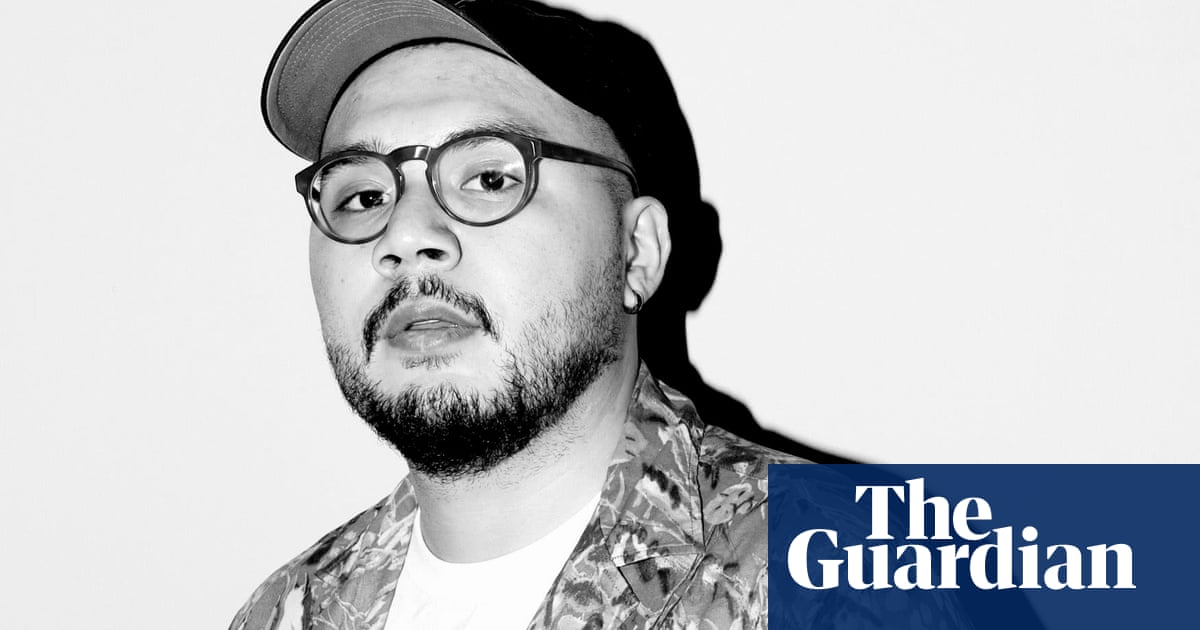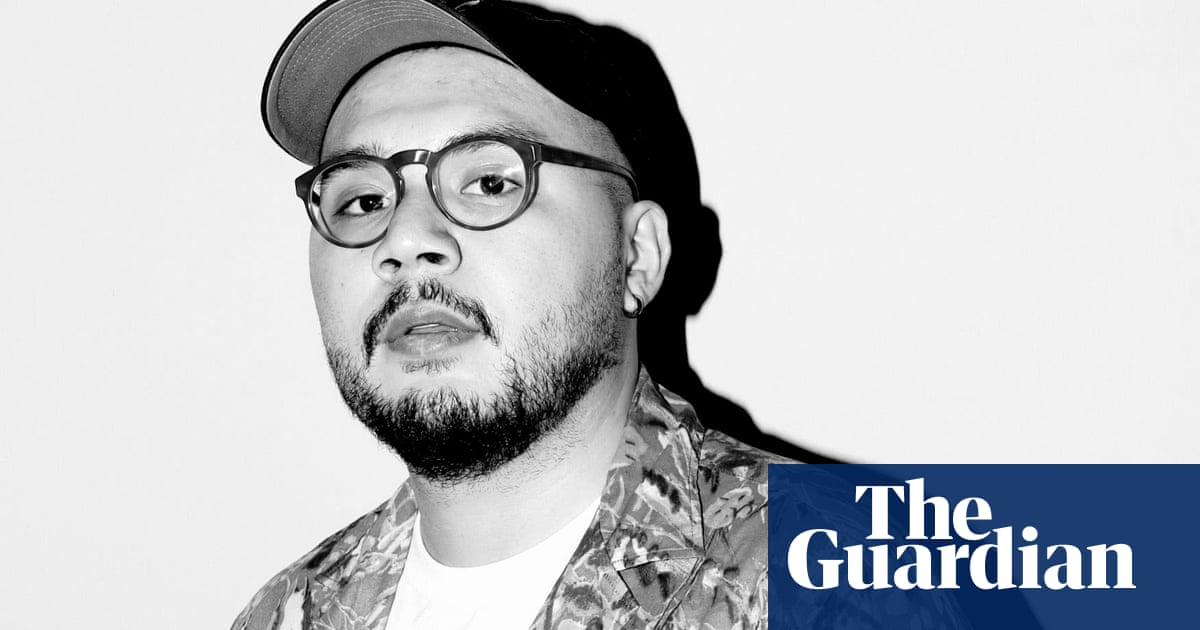
A Uyghur film-maker who was arrested in Beijing earlier this year will appear on trial in Xinjiang on Wednesday.
Ikram Nurmehmet, 32, was taken from his home by Chinese authorities on 29 May and flown to Ürümqi, Xinjiang’s capital, where he is being held in pre-trial detention on unknown charges, according to his supporters.
Born and raised in Ürümqi, Nurmehmet is an independent film-maker based in Beijing, where he lives with his wife and infant son.
Hours after his arrest, police called his wife to notify her of his transfer to Xinjiang and asked her to bring clothes for him to the airport. There, she was able to meet Nurmehmet briefly, in the company of three officers who handed her his wedding ring and amulet. He told her she, “must now do the best she can”, a source close to the family told the Guardian.
Nurmehmet’s mother, who lives in Ürümqi, filmed his arrival at the airport in Xinjiang. When she questioned the officers with him, she was told her son was “under investigation”.
Known for portraying Uyghur protagonists in his work, Nurmehmet has directed many short films, some of which have been selected by film festivals in China and abroad. One film, Elephant in the Car, tells the story of a Han Chinese woman sharing a taxi with two Uyghurs.
“His work always focuses on Uyghur people’s real lives, not in a propaganda way,” a source close to Nurmehmet said by phone over an encrypted messaging app. “He’s one of the young Uyghur directors who engages with Chinese society the most, but unfortunately in the end it [led] him being arrested. He’s very responsible for his family. He has a boy who [for] six months has not seen his father.”
A month before his arrest, Nurmehmet had received a call from Xinjiang authorities requesting his return to Ürümqi to investigate the loss of his identity card. He refused and hung up. Later, his mother told him a childhood Uyghur friend he had once hosted while studying in Turkey had allegedly been detained, and warned that Nurmehmet might be under suspicion by association.
Before moving to Beijing, Nurmehmet had spent six years studying film-making at the Marmara University in Istanbul.
Maya Wang, the associate director in the Asia division at Human Rights Watch, said Uyghurs with any connections to Islam, central Asia or the Middle East were automatically under suspicion of terrorism from Chinese authorities. Many were rounded up during a campaign of “collective punishment” and imprisoned arbitrarily without trial.
“People who have these remote connections are considered terrorists or extremists or having ideological viruses,” Wang said. “Many are still held in prison for having visited Turkey, or having attended (Islamic) funerals … Often, you hear of people dying in these facilities.”
The Chinese state launched its “Strike Hard” anti-terrorism campaign in Xinjiang in 2014, after several terrorist attacks reportedly orchestrated by Uyghur separatists. Since then, an estimated half a million people are believed to have been imprisoned during a crackdown that escalated in 2017. Among those with known prison terms, the average time of imprisonment is 12.5 years, according to Human Rights Watch.
“There’s less international attention now because the Chinese say they have closed the [detention] camps,” Wang said. “[But] the camps are part of a bigger, multifaceted campaign against Uyghurs, including the use of long prison sentences. Uyghurs continue to live in a state of fear.”
Nurmehmet had previously been identified on a list of terrorism suspects known as the “Shanghai List”, which was obtained in 2020 by Australian hackers who looked through more than 1m surveillance records from the Shanghai Public Security Bureau.
Last month, a leading Uyghur professor, Rahile Dawut, was reportedly sentenced to life in prison for “endangering state security”. A specialist in Uyghur folklore and traditions, she was reported missing six years ago.
A spokesperson for the Chinese embassy in London said: “We are not aware of the specifics that you mentioned. China is advancing law-based governance on all fronts and will continue to uphold the rule of law, conduct law enforcement and protect lawful rights and interests of individuals or organisations in accordance with the law.”












